A Year of Seafood Impact
Perspectives | Dec 31, 2017
by Kyle Foley
Sustainable Seafood Director
Sustainable Seafood. Years ago, those words were considered a passing fad. Today, they are a business imperative. Successful seafood businesses depend on healthy fisheries and farms for consistent, reliable product.
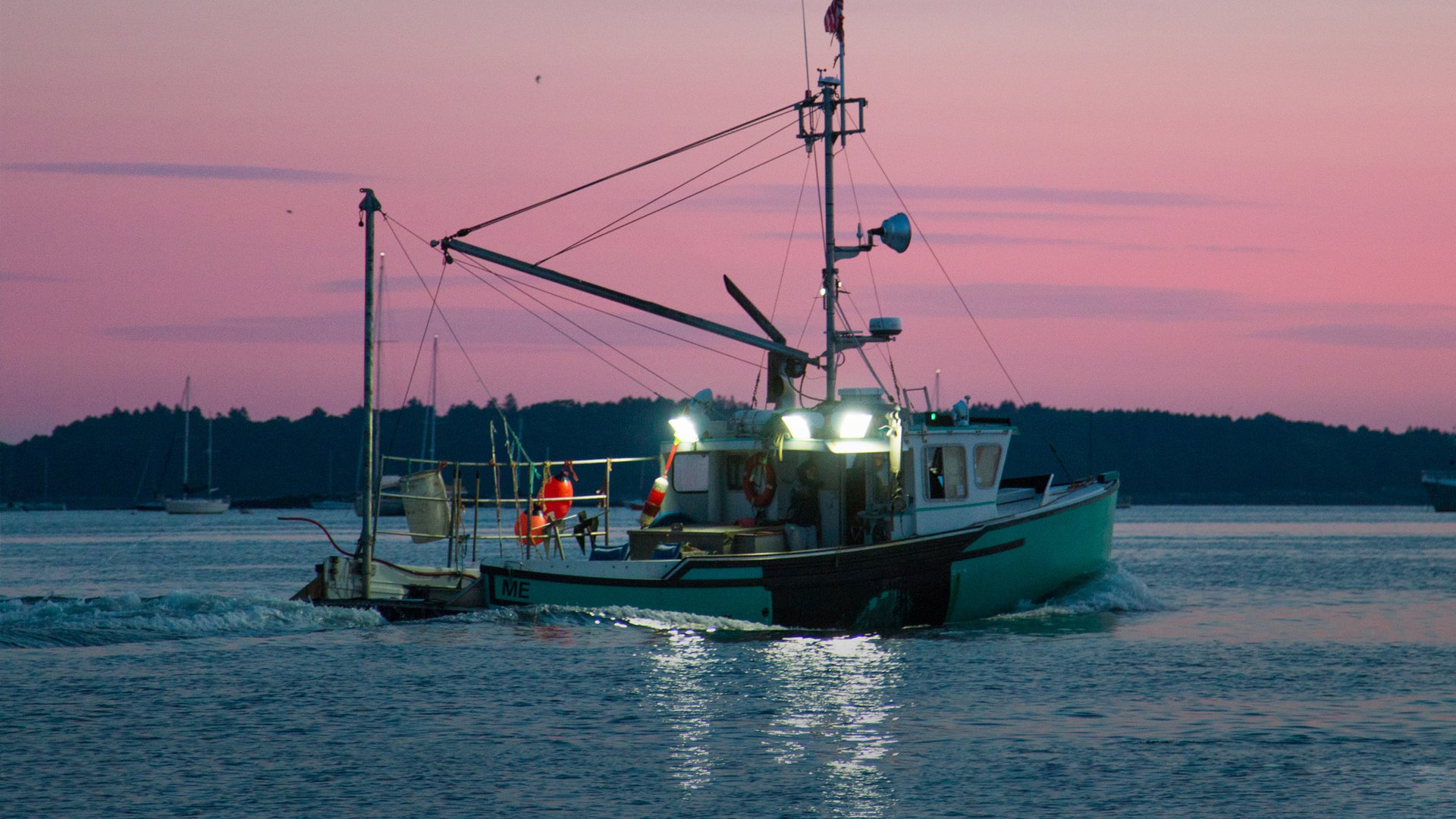
Here in the Gulf of Maine, we are fortunate to have cold, clean waters rich with seafood, as well as strict management to ensure responsible harvest. And yet, our region’s fishing industry still faces challenges in accessing markets.
The Gulf of Maine Research Institute Sustainable Seafood Program has always focused on the nexus of economic and ecologic sustainability. We’re concerned with the long-term health of the ocean, as well as the long-term health of coastal communities, and we work hard to build business
opportunities that reward responsible practices – on the water and throughout the supply chain. Of course, consumers are the ultimate judges, so our strategies include harnessing immense consumer interest in local, sustainable food, whether that’s in a restaurant, a cafeteria, or a grocery store.
Our Theory of Change
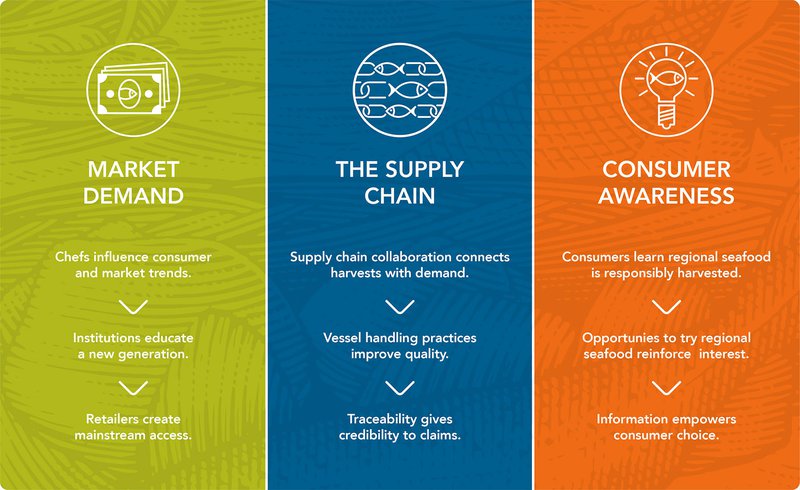
At GMRI, all of our work follows a theory about how we collectively realize systemic and long-lasting change in the seafood industry: change that contributes to positive economic and ecologic results that benefit the seafood industry, coastal communities, and the marine environment on which they depend.
Our Impact: Market Demand
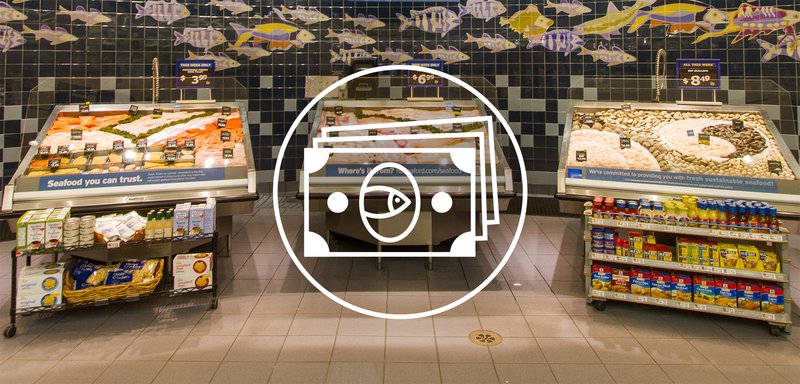
Working with thought leaders
- The 27 chefs who participate in our Culinary Partners program commit to always having Gulf of Maine Responsibly Harvested® seafood on their menus, with particular emphasis on underutilized product. This increases local demand, while also exposing the restaurant-going public to what the region has to offer.
- Through the Conservation Alliance for Seafood Solutions, we actively network with environmental organizations that influence 80% of the North American retail and foodservice market’s sourcing policies to ensure that their advice on Gulf of Maine seafood is accurate.
Securing commitments from foodservice and institutions
- Sysco Northern New England, a major distributor, has recently committed to increase the amount of Gulf of Maine Responsibly Harvested seafood they source by 10% over the course of a year (by June 30, 2018).
- By 2020, campuses in Maine served by the foodservice management company Sodexo will serve flaky white fish only if it is Gulf of Maine Responsibly Harvested, with a focus on underutilized species, like dogfish, redfish, and pollock. Already (July 2017), 71% of the white fish being served on those 11 campuses is Gulf of Maine Responsibly Harvested.
Creating mainstream access in grocery stores
- At Hannaford Supermarkets, seafood labeled “Local” in the fresh case must be from the Gulf of Maine region, and Hannaford is working to increase the amount of seafood they have that meets their “Local” definition.
- $90 million of Gulf of Maine Responsibly Harvested seafood has been sold since 2011 by seafood processors that participate in our ecolabel program. The program started out in the retail sector, and both Big Y and Shaw’s Supermarkets have been participating since the beginning.
Our Impact: The Supply Chain
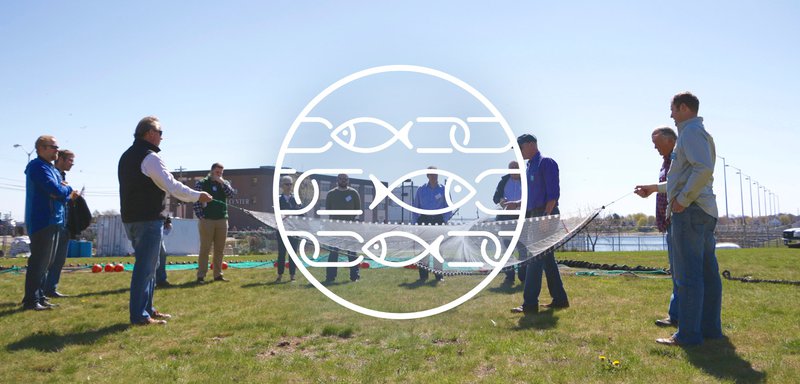
Increasing supply chain communication and education
- By the end of 2017, GMRI held 11 Trawl to Table workshops over five years. Roughly 300 seafood supply chain members have attended workshops in Portland, Portsmouth, Gloucester, Boston, and New Bedford. These events have inspired greater supply chain collaboration, bringing more local seafood to local markets.
Improving quality handling
- In the past year, GMRI held quality handling workshops for fishermen in 9 ports around New England, from Port Clyde, ME, to Chatham, MA. Through these workshops, 30 New England fishermen have been trained on best on-board handling practices, including the “ike jime” style of handling for producing sashimi grade fish. We are now exploring developing Good Fisheries Practices for fishermen, modeled after Good Agricultural Practices for farmers.
Improving traceability
- Licensed Gulf of Maine Responsibly Harvested dealers are required to provide evidence of 3rd party audits focused on traceability, giving consumers assurance that seafood with the label is traceable to our region.We recently worked with a cross-section of the seafood supply chain and two competing traceability technology providers to pilot seamless boat-to-retail traceability enabled by interoperable technology.
Our Impact: Consumer Awareness
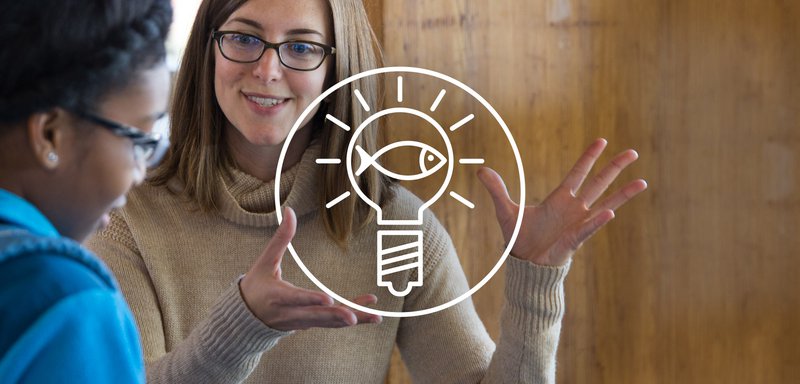
Educating consumers
- In the past year, our seafood team gave an average of three public presentations per month, both to seafood industry audiences and the general public, and at both national and regional events.
- GMRI is a key player in the seafood media landscape. Our work has been featured in over 1,000 seafood-related news stories over the course of the last year: on television (e.g. WCSH 207 and NECN), in newspapers (e.g. Portland Press Herald and The Boston Globe), and in trade publications (e.g. SeafoodSource, Undercurrent News, and National Fisherman).
Creating opportunities to try new things
- GMRI holds an annual Seafood Celebration, giving more than 200 ticket holders a chance to try Gulf of Maine seafood prepared by our Culinary Partners.
- GMRI staff participate in events like Harvest on the Harbor and working waterfront festivals, giving the public an opportunity to sample things like dogfish and redfish.
Providing information at point of sale
- The Gulf of Maine Responsibly Harvested label is available at 2 major grocery stores (Shaw’s Supermarket and Big Y), and in over 20 schools, universities, and hospitals around New England.
- Our marketing kit for licensed dealers and their customers includes materials designed for print or digital use, like posters and fact cards on regional seafood, photos, and other visual and written content.



